Medicine details
| Image |  |
| Name | Barbit |
| Dosage | Elixir |
| Generic Name | Phenobarbitone |
| Classes |
Central Nervous System Agent Anticonvulsant / Antiepileptic Agent Psychotherapeutic Agent Barbiturate |
| Diseases |
Anxiety CNS Disorder Fear Seizure Sleeping Disorder Tension |
| Company | Incepta Pharmaceuticals Ltd. |
Drug Package Details
| Strength | 20 mg/5 ml |
| Storage Condition | |
| Origin Country | Bangladesh |
| Commercial Pack | 1 |
| Price per pack | ৳ 57.00 |
| Cost per pack | ৳ 50.16 |
| Package unit | 100 ml bot |
| Price per unit | ৳ 57.00 |
| Cost per unit | ৳ 50.16 |
| Discount | 0 |
| Coupon | |
| Remarks |
Phenobarbitone
Phenobarbitone belongs to a class of drugs called the Barbiturates. The exact mechanism of action of phenobarbital is unknown. Phenobarbital may work by boosting and/or mimicking the inhibitory neurotransmitter gamma-aminobutyric acid (GABA)'s action. The sedative-hypnotic effect of phenobarbital may be attributed to a decrease in the number of impulses reaching the cerebral cortex due to inhibition of conduction in the reticular formation.
Pediatric Oral Dosage
- Preoperative: 1 mg to 3 mg/kg.
- Anticonvulsant: 1 mg to 6 mg/kg per day
Adult Oral Dosage
- Daytime sedative: 30 mg to 120 mg daily in 2 to 3 divided doses.
- Bedtime hypnotic: 100 mg to 320 mg.
- Anticonvulsant: 50 mg to 100 mg 2 to 3 times daily.
Preoperative
For intramuscular or slow intravenous injection.
- Adults (≥18 years): 100 mg to 200 mg 60 to 90 minutes prior to surgery.
- Children (<18 years): 1 mg to 3 mg/kg 60 to 90 minutes prior to surgery.
Side effects associated with phenobarbitone sodium is as follows-
- Dizziness
- Headache
- Paradox
- Nausea
- Vomiting
- Abdominal pain
- Facial edema
- Purpura
- Administer with caution to pregnant women, myxedema, myasthenia gravis, patients with central nervous system depression, hypotension, severe anemia, hemorrhagic shock, cardiac, hepatic or renal impairment, asthma, diabetes mellitus, hyperkinesis tendencies.
- Concomitant use of the following drugs should be avoided because of likely occurrence of adverse effects: alcohol, anaesthetics and CNS depressants and to a lesser extent, acetaminophen, oral anticoagulants, carbamazepine, oral contraceptives, estrogens, corticosteroids, digitalis, digitoxin, tricyclic antidepressants, cyclophosphamide, doxycycline, griseofulvin, monoamine oxidase inhibitors, phenytoin, quinidine, sodium valproate, valproic acid and vitamin D.
- Because of the high risk of precipitating status epilepticus with attendant hypoxia and risk to both the mother and the unborn child, phenobarbital should not be stopped in patients who are taking it to prevent seizures. In the case of drugs used to treat minor seizures, the risk of stopping the medication prior to or during pregnancy should be weighed against the risk of congenital defects in the specific case and with the specific family history. To avoid over-sedation, lower doses are required in elderly and debilitated patients.
- Prolonged use of phenobarbital, even in therapeutic dosages, may result in psychologic and physiologic dependence.
- In patients with impaired liver function or a history of drug dependence or abuse, phenobarbital should be used with caution. When the drug is administered in the presence of any respiratory difficulty, extreme caution is required. When administering phenobarbital to patients in whom the hypnotic effect may be prolonged or intensified, such as those suffering from shock, hepatic dysfunction, uremia, or following recent administration of other respiratory depressants, special precautions should be taken.
- Suicidal ideation and behavior have been reported in patients receiving antiepileptic drugs for a variety of indications.
- Phenobarbital is excreted in breast milk. Barbiturates concentrations in breast milk are 35 to 50% of maternal serum concentrations. In neonates, phenobarbital is eliminated slowly and may accumulate. As a result, the benefits of breast feeding should be weighed against the risks to the infant, and a decision should be made whether to discontinue nursing or phenobarbital, taking into account the drug's importance to the mother.
Contraindication
Contraindicated in patients who are known to be hypersensitive to barbituric acid derivatives, any ingredient in the formulation or component of the container.
None known.
Contraindicated in-
- patients with porphyria
- patients with severe respiratory depression or pulmonary insufficiency, renal impairment, hepatic impairment, sleep apnea, suicidal potential, alcoholism, drug dependence or in the presence of uncontrolled pain (paradoxical excitement may be produced). With the exception of phenobarbital, barbiturates should be avoided in older individuals.
- newborns
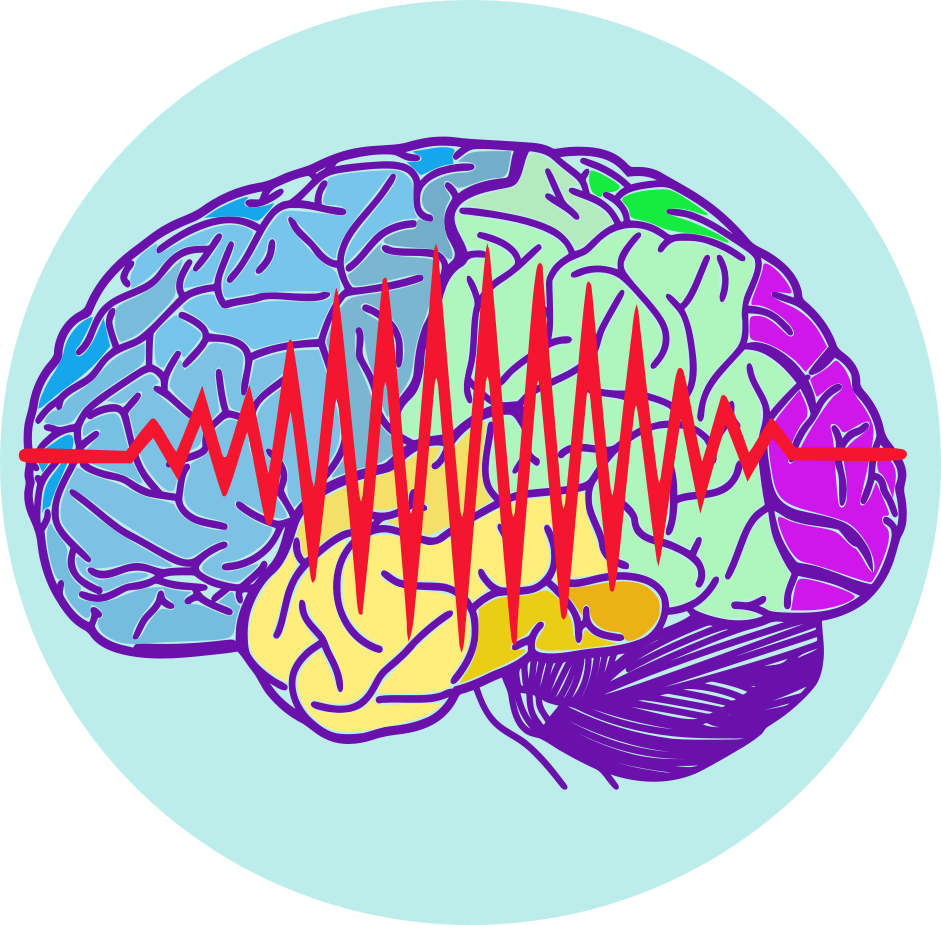
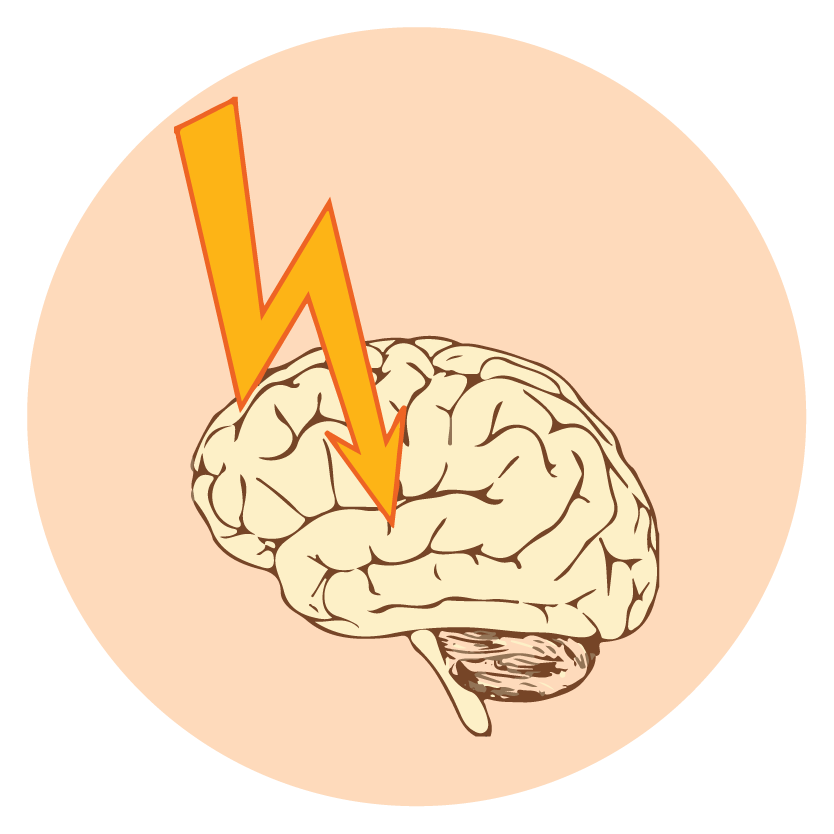



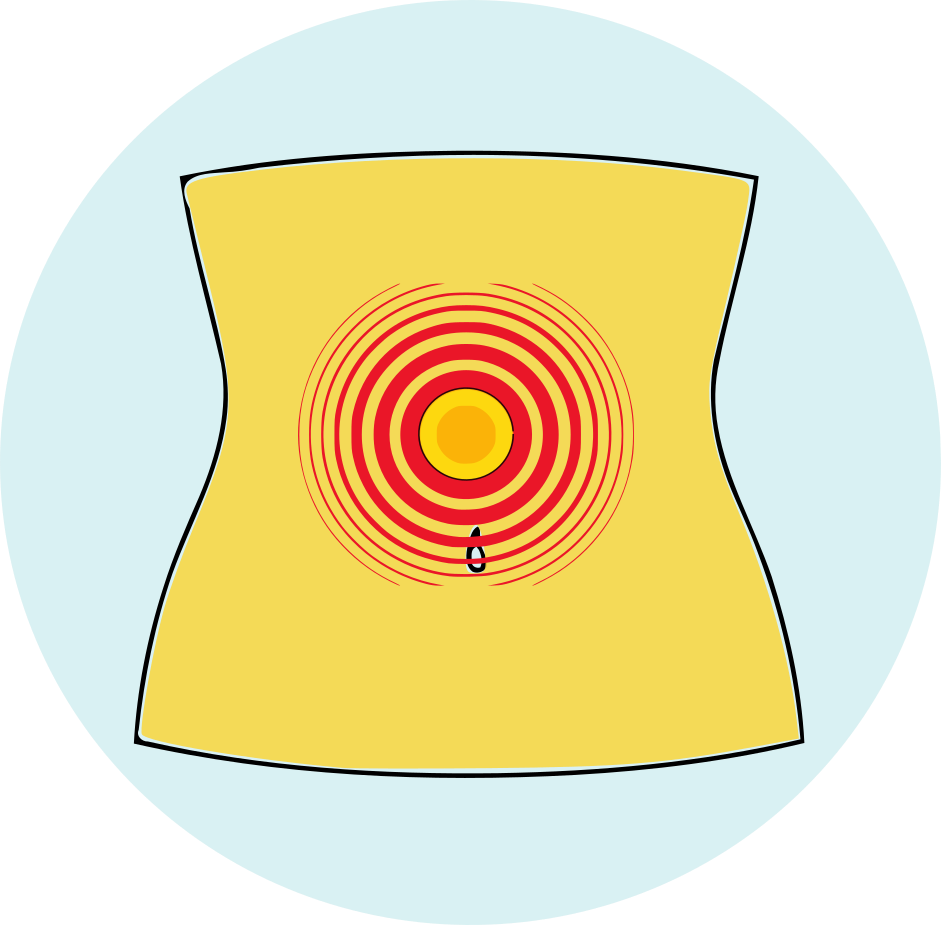

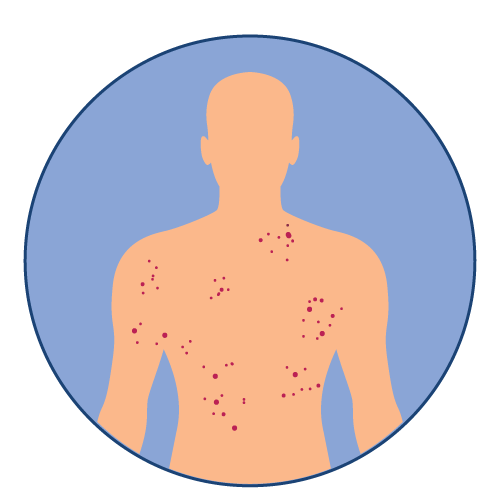
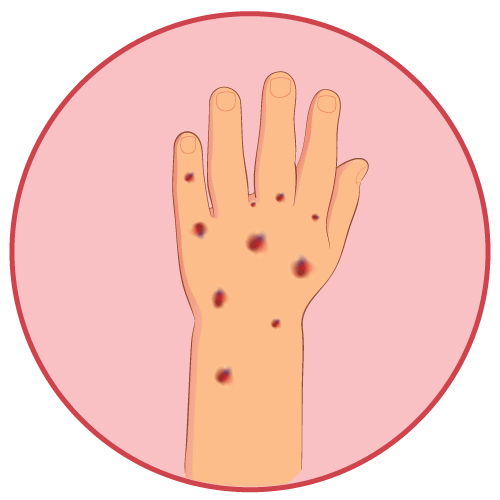
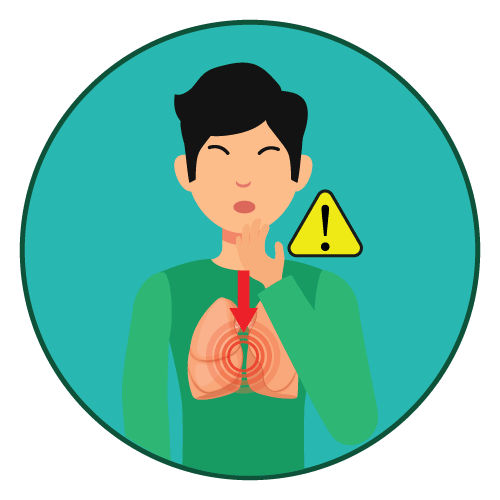
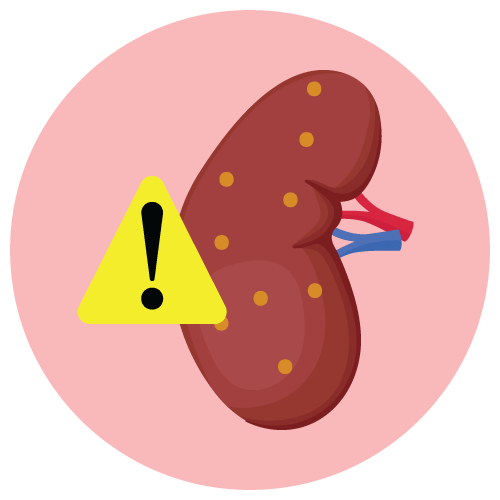
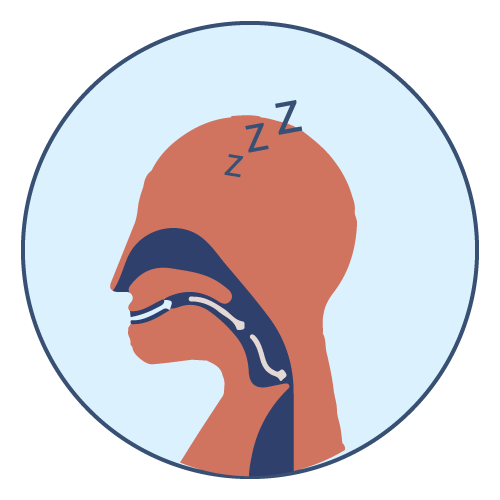
 Bangla
Bangla English
English